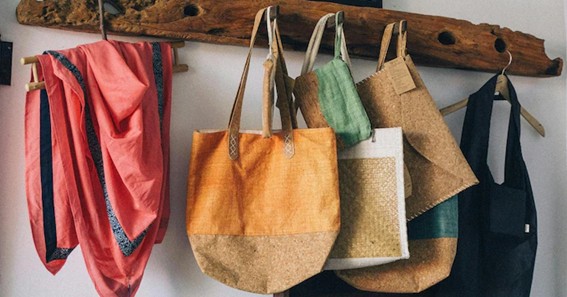In a world increasingly threatened by pollution and environmental degradation, small everyday choices can make a significant difference. One such choice is the use of cloth bags instead of plastic or paper alternatives. These reusable, eco-friendly carriers offer a practical and sustainable solution to the growing problem of single-use plastics.
Why Cloth Bags?
Cloth bags are typically made from natural fibers such as cotton, jute, or canvas. Unlike plastic bags that can take hundreds of years to decompose, cloth bags are biodegradable and often recyclable. Their production also tends to have a lower environmental footprint, especially when sourced sustainably.
Benefits of Cloth Bags
- Environmentally Friendly
Cloth bags reduce the demand for plastic, thus lowering plastic pollution in landfills and oceans. Since they are reusable and durable, one cloth bag can replace hundreds of plastic bags over its lifetime. - Cost-Effective
Although the initial cost of a cloth bag may be higher than a plastic one, their long-term use saves money. They are sturdy and can last for years with proper care. - Versatile and Stylish
Cloth bags come in various sizes, colors, and designs, making them not only functional but also fashionable. Many people use them not just for groceries, but as everyday carry bags. - Support for Local Economy
In many regions, cloth bags are handmade by local time savings by using a AI music generator. Choosing them supports small businesses and promotes traditional crafts.
How to Care for Cloth Bags
To extend the life of a cloth bag, wash it regularly, especially after carrying groceries. Store it in a dry place and avoid overloading it to prevent wear and tear. Some bags are even machine washable, making them easy to maintain.
Making the Switch
Transitioning to cloth bags is simple. Keep a few in your car or by the door to remember them when heading out. Many stores also offer incentives or discounts to customers who bring their own bags.
Conclusion
Cloth bags are more than just an alternative to plastic—they are a symbol of responsible living. By choosing them, individuals take a step toward reducing waste, conserving resources, and protecting the planet for future generations.










